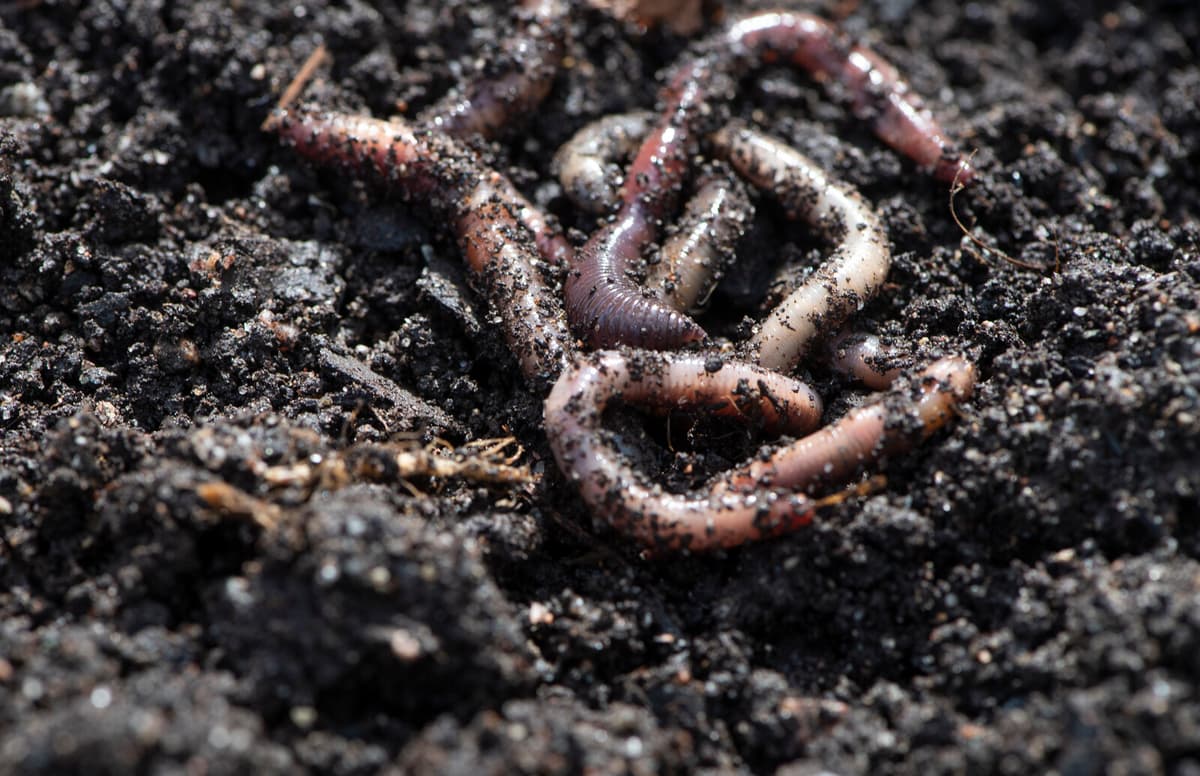The decision means that it will be prohibited to "keep or breed the species, even if it is done in closed captivity, to use or exchange the species, and to release it into the environment", writes the government in a press release.
The news is welcomed by Torbjörn Tyler, curator at the biological museum at Lund University.
It will be treated as if it were on the EU's list of invasive species, which it is not yet.
The flatworm is a predator. If it spreads and establishes itself in Sweden, it could have serious consequences since it eats other worms.
Agriculture and horticulture risk getting worse conditions, since earthworms are important for the ecosystem as they break down plant parts and create new soil.
Findings of the Obama nungara worm have been made in southern Sweden. Its natural habitat is in South America, but it has come to Sweden through imported plants from Germany.
Import of plants would need to be regulated in a different way, says Torbjörn Tyler.
He means that to begin with, a register of which species exist in the country would be needed.
Then, a control mechanism would be needed, so that if one wants to introduce something that does not already exist in the country, one would need to have an approval.






